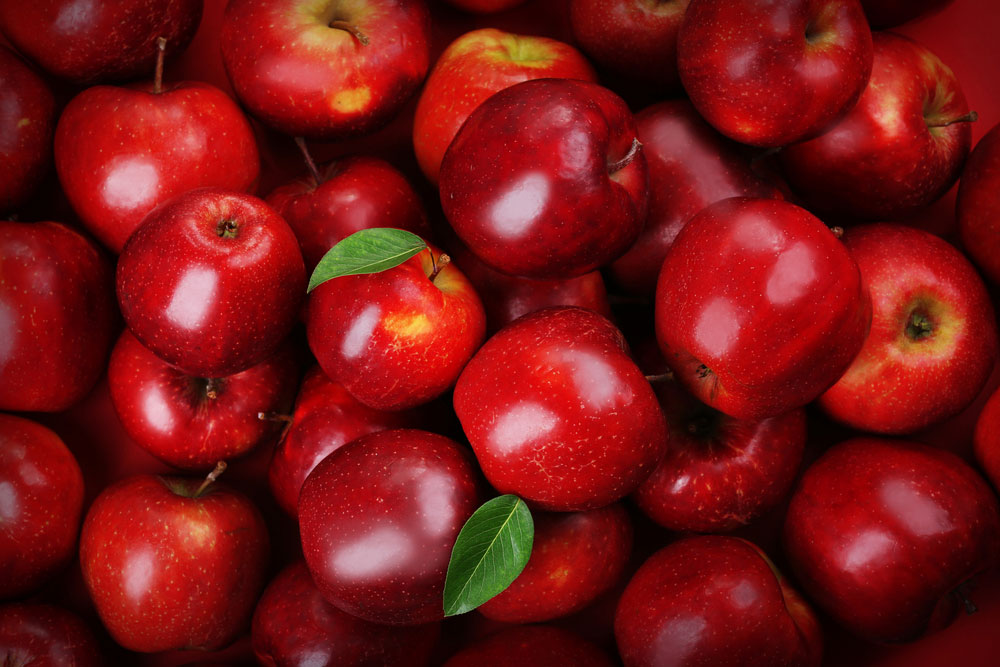Harvest season has found the market in the northern Kashmiri town of Sopore — usually packed with people, trucks and produce at this time of year — empty, while in orchards across Jammu and Kashmir unpicked apples rot on the branch.
In one of the world’s largest apple growing regions, the lockdown imposed after Prime Minister Narendra Modi abolished the state’s special status has cut transport links with buyers in the country and abroad, fruit growers and traders say, plunging the industry into turmoil.
Modi sold the move as a way to spur growth by integrating the state with the rest of India. But, for now, the unrest that has come in the wake of his government’s action has upended the economy.
At dawn late last week, the market in Sopore — a town known locally as “Little London” for its lush orchards, big houses and relative affluence — was deserted, its gates locked.
In orchard after orchard surrounding Sopore, apples hung rotting on trees.
“Everyone is scared,” a lone trader, rushing to an adjoining mosque for morning prayers, told Reuters. “No one will come.”
Apples are the lifeblood of Kashmir’s economy, involving 3.5 million people, around half the state’s population.
On August 5, just as the harvest season as getting under way, the government abrogated provisions in the Constitution that gave the Jammu and Kashmir partial autonomy and stipulated only residents could buy property or hold government
jobs. Strict movement restrictions were imposed simultaneously, and mobile, telephone, and Internet connections snapped.
The government has promised rapid economic development and plans an investor summit later this year to attract some of India’s top companies to the region, create jobs and lure young people away from militancy.
In the short-term, however, farmers and fruit traders say the clampdown is stopping them from either getting their produce to market or shipping it out to the rest of India. Some say they have also been threatened into stopping work by militant groups.
Business people who spoke to Reuters say it is not just the fruit industry that is reeling — two other key sectors of Kashmir’s economy, tourism and handicrafts, have also been hit hard. Shameem Ahmed, a travel agent who owns a houseboat in Srinagar, said this year’s tourist season was wiped out.
The near complete lack of tourists has hit carpet traders such as Shoukat Ahmed. “When there are no tourists, there are no sales,” he said. “We are also unable to sell across India because communication is down.” At a major chamber of commerce in Srinagar, some members said the continuing lack of Internet and mobile connections had paralysed their work, including the ability to file taxes and make bank transactions.
Some businessmen have also been among the hundreds of politicians and civil society leaders detained by the authorities since early August to dampen any backlash.
While many of those arrested across the region have since been released, Haseeb Drabu, a former state finance minister from a local party once allied with Modi's ruling BJP, said outsiders were now balking at doing business with Kashmiris.
“With a few businessmen raided and more under detention, why would anyone from the rest of the country engage with them and subject himself to a possible enquiry of his transaction and opening of his books?” Drabu said.











